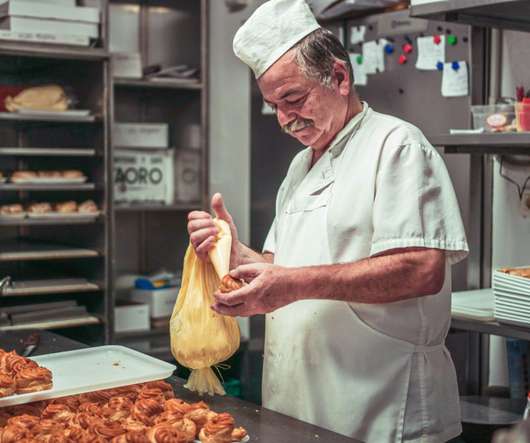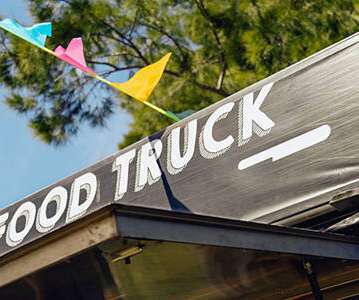In Uncertain Times, Food Liability Insurance Helps you Prepare for the Worst
The Food Corridor
SEPTEMBER 14, 2020
The way to mitigate the risk is to take out a robust insurance policy. However, anyone who’s dealt with an insurance broker probably knows how painful this experience can be. An insurance company’s job is to calculate risk and figure out how much to charge you based on the risk level of your business.














Let's personalize your content